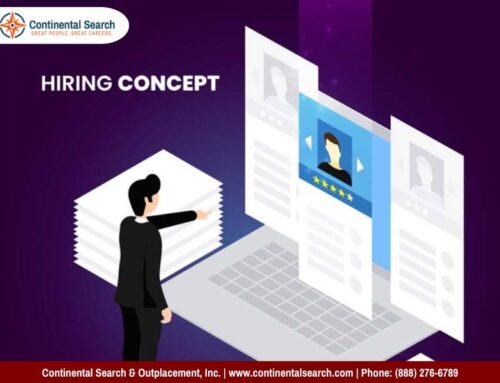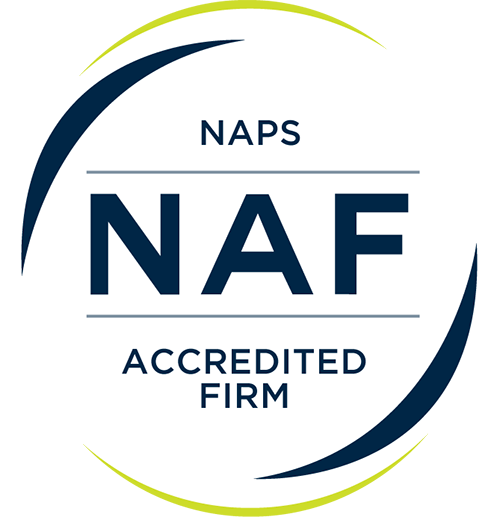Congratulations! You’ve landed a job offer and are in the process of negotiating the terms of your employment agreement. But before you sign on the dotted line, you must understand what you’re agreeing to.
I’d like to start by saying that this is not legal advice. I am not an attorney, but I am willing to play one on television. However, I have read employment agreements for 30 years and helped hundreds of people understand their commitments.
Employment Agreement vs. Offer Letter
First, you should understand the difference between an employment agreement and an offer letter. An offer letter typically outlines the basic terms of your employment, such as your position, start date, salary, and benefits.
An employment agreement is a legally binding document that outlines the specific terms of your employment. It may include clauses restricting your future employment options, such as non-competition and non-solicitation agreements.
Here are the employment agreement documents you will most likely deal with:
- Non-Competition
A non-competition prohibits you from working in any way, shape, or form for a competitor during and after employment. The agreement’s scope can vary, from limiting competition by customer, region, type of product, or specific competitors.
These are typically one to two-year agreements with a few So, pay attention to the time and scope of the agreement. You can try and negotiate to exclude certain customers you have previously worked with from the agreement through an addendum.
- Non-Solicitation
A non-solicitation agreement can come in two forms.
First, it may prohibit you from soliciting other employees to leave employment with the company. Second, it may restrict you from soliciting your employer’s customers or prospects if you leave.
Still, you negotiate the terms and try to exclude specific customers you bring to the company through an addendum.
These normally are six months to two-year agreements.
- Confidentiality
An employee confidentiality agreement, or a non-disclosure agreement (NDA), requires you to keep your employer’s secrets and return any company property after you leave.
Take note that the agreement applies even after your employment ends. So, be careful not to disclose any confidential information or use it for personal gain.
- Intellectual Property
An intellectual property agreement states that any product or invention related to your work belongs to your employer, not you. If you’re inventing something on your own time, unrelated to your work, it’s still best to disclose it to your employer to avoid any potential conflicts later on.
Red Flags to Look Out For
When reviewing your employment agreement, watch out for potential red flags, such as excessively long non-compete or non-solicitation clauses or broad definitions of what constitutes confidential information. Don’t be afraid to ask questions or negotiate the terms if anything seems unclear or unfair.
If you have questions or concerns, notify the potential employer that you wish to speak with an attorney, and schedule an appointment swiftly. Make certain you know what you are signing.
Understanding the terms of your employment agreement is crucial for protecting your rights and ensuring a positive employment experience. Don’t hesitate to ask questions if you have any concerns or questions.
Good luck negotiating!
For more career tips, follow me on LinkedIn at Dan Simmons or reach me through email at dan@continentalsearch.com. Be updated with our latest blogs by following our LinkedIn page or visiting continentalsearch.com.
About the Author

Dan is currently focused on recruiting top talents such as nutritionists, technical support professionals, sales managers, and executive-level positions, including technical directors and VP of sales and marketing.
For the latest job opportunities, you may connect with Dan on LinkedIn or email him at dan@continentalsearch.com.







